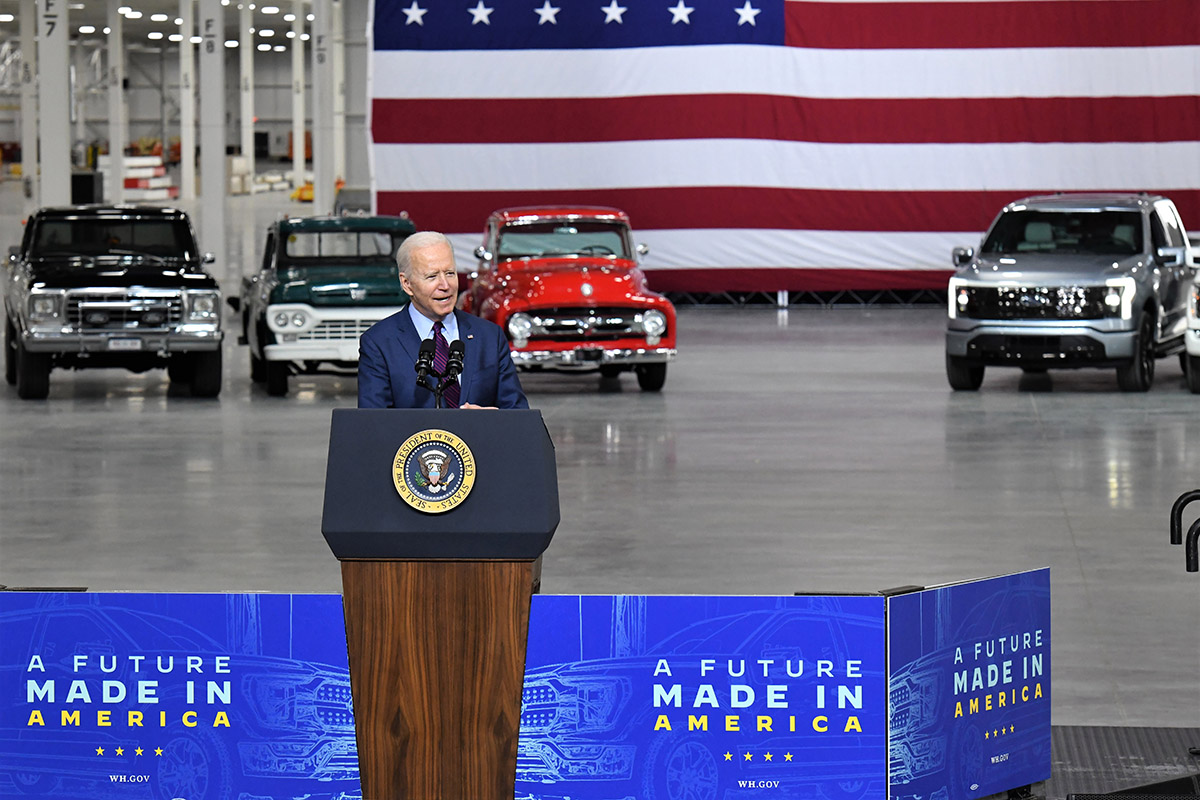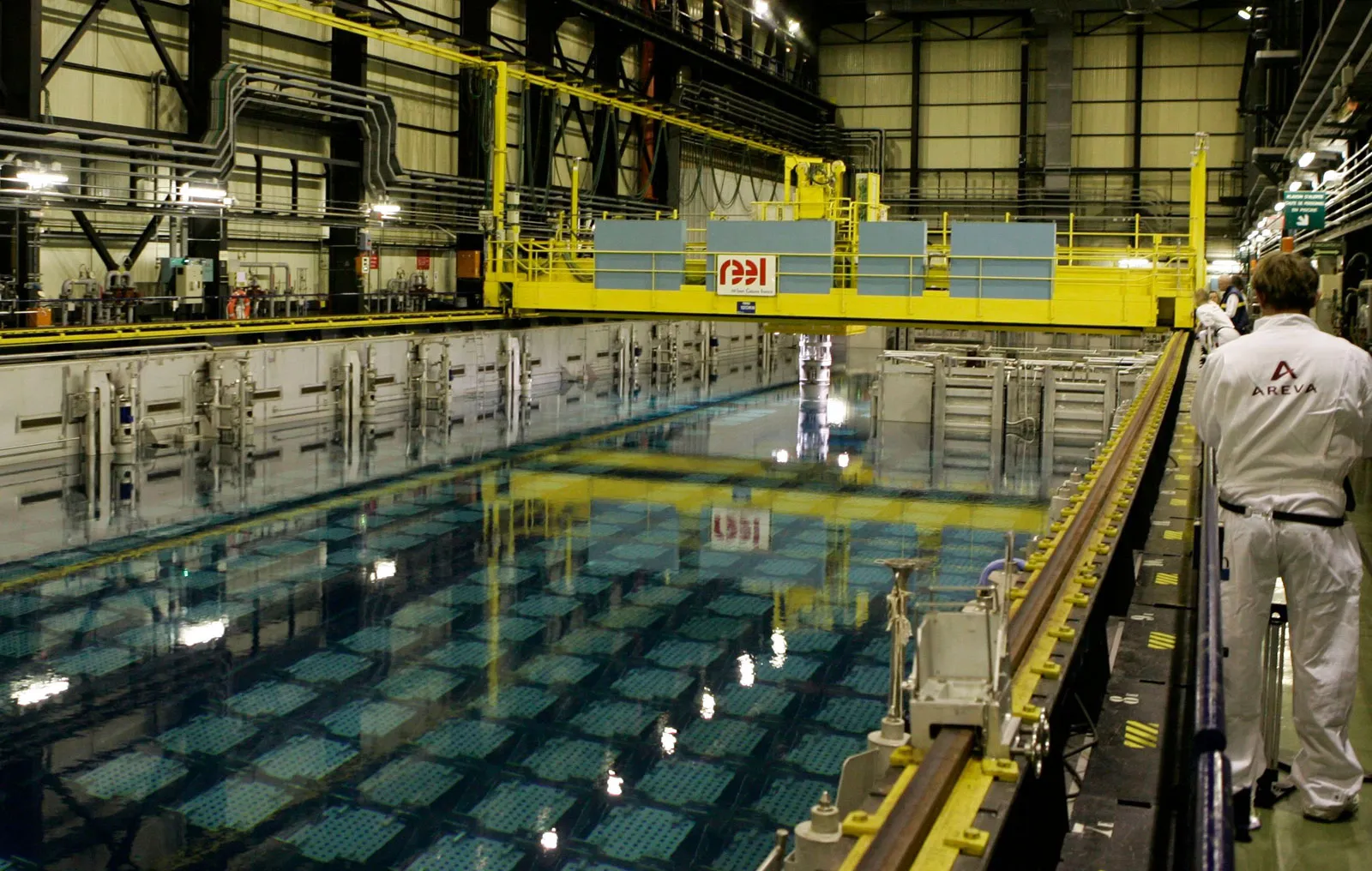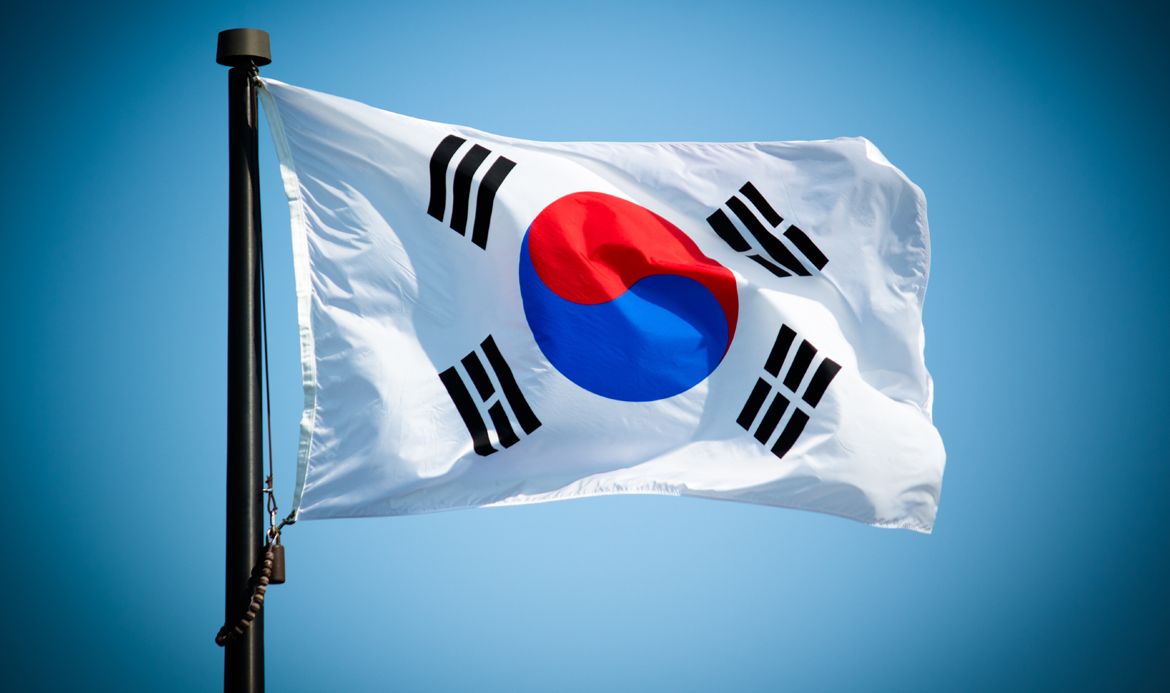This week the United States Treasury Department will announce new rules for major subsidies for Americans purchasing electric vehicles, or EVs.
- Biden admin under political pressure from fellow Democrats to exclude non-US made cars
- Rules to be unveiled Friday in DC
- US allies, partners and car manufacturers scrambling to be part of the subsidies deal.
US media reports a tax credit of US$7,500 is on offer for new EV purchases, under criteria which will ensure the sustainability of the North America car manufacturing sector.
The credits for EV buyers will come if 50% of the value of battery components have been produced in North America, and the other half if 40% of the value critical minerals are from the United States or a country with which it has a free trade agreement, such as Australia.
US lawmakers, including Democrats and allies of Biden, expressed pressure that only US-produced cars should be eligible for subsidies, with Senator Joe Manchin being the biggest critic in recent months.
The credits for EVs are “to grow domestic manufacturing and reduce our reliance on foreign supply chains for the critical minerals needed to produce EV batteries,” Manchin said in January 2023.
The new rules are part of President Biden’s Inflation Reduction Act – aiming to cut US carbon emissions dramatically.
European governments are frustrated by the new rules, which they say will impact European car manufacturing for EVs.
EU countries export millions of cars to the US every year. The new rules mean some electric vehicles manufactured in Europe could miss out on the subsidies.
“The IRA threatens to disrupt existing supply chains, which have a lot of synergies. It is putting into question the transatlantic model businesses have built with investments that support trade on both sides of the Atlantic,” BusinessEurope confederation deputy director general and trade expert Luisa Santos told Reuters this week.
EU and US officials were working to negotiate terms of trade that would see European car maker brands and models being eligible for the subsidies through a complex legal framework. This would allow critical minerals exported to the US to be included under the terms of the subsidies language. The EU exports a small number of critical minerals ( cobalt, graphite, lithium, manganese and nickel) to the US.
This week, Japan and the US signed a deal that would help make their EV car models possibly eligible under the criteria.
As a result of the rules, European EV makers were jostling to invest in countries where there are free trade agreements with the US, including Mexico, with BMW announcing a plant there to open soon.
The specific rules will be outlined at an announcement on Friday, March 31st in Washington DC.
The Infection Reduction Act sees around US$369 billion in handouts and tax credits available over the next decade across wind, solar, electric vehicles and other renewable energy sources.
More to come.






